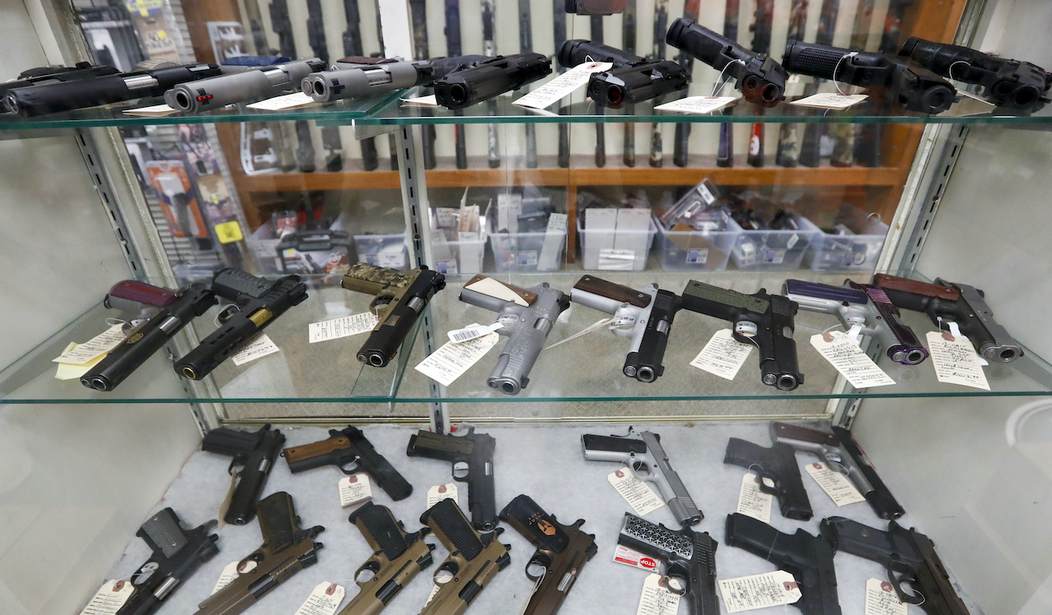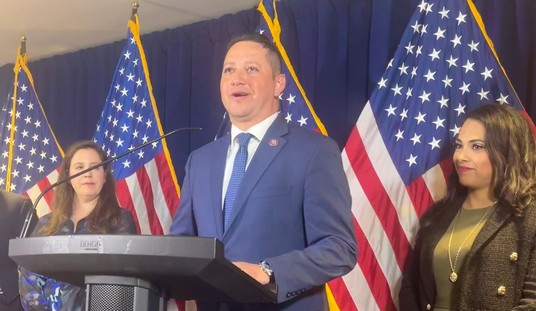Just shy of two years ago I started this series and we’re on the 5th numbered installment and have had two other “side quests.” I had intended on wrapping up in the 5th part of this series by discussing how unconstitutional the Mental Health Hygiene law is in the Empire State, but I got a message connecting me with Ryan Wells, which prompted me to take a different direction this time around. Wells, like Sandy and Isaac, is another victim of the SAFE Act and his story is worth sharing.
Ryan Wells grew up in New York State. He said that he had a good upbringing, nothing abnormal in the home, and from the gist of my conversation with him, it sounds like his home life was pretty good. Regardless of Wells’ upbringing, he became an addict.
Addiction is one of those things that favors no socio-economic status, race, creed, or lifestyle. Are there elements that may affect one’s predisposition to becoming an addict? Sure. But Wells did not use any excuses in talking candidly with me.
Wells said he lived for 27 years in Orange County, New York. “I guess it was more of finding and hanging out with the wrong people in high school,” Wells said of his descent into addiction. “I started doing pills and as I…finished high school, that slowly transformed into doing heroin.”
Crime nearly goes hand in hand with hard drug use, and in Wells’ case, that was no different. “You know, [I got into] a little bit of trouble here and there. Nothing crazy. Just getting caught stealing stuff and everything...”
Sometime while Wells was living with these addiction problems he said that, “I had tendencies, as some people put it, you know? Of hurting myself.” He continued, “I went to the hospital for help, because that's where people go for help…I drove myself to the hospital and walked in the front door and said ‘I need help.’”
Little did Wells know, those lucid portions of his journey would actually come back to haunt him.
Eventually, Wells found himself in jail. Not prison, Wells was quick to correct me when I used the word prison. What happened? He ended up in jail for driving under the influence, an infraction that he said could not lead to a sentence longer than a year for that offense.
I asked Wells about his time in jail and if there was any support to help him or drug programs.
“No, it wasn't [supportive], it was a little terrible old-school jail up in the mountains in New York, and they were not supporting you with any of that. I have been…I went to many rehab facilities before going to jail. And, you know, I did learn and know the methods of how to deal with being sober. I mean when you're an addict, and you're in and out and living the life…most addicts go into rehab many, many times before they straighten stuff out. And they do teach you everything you need to know, in rehab, it's just applying it. I decided to apply it.” – Ryan Wells on Sobering up in Jail
Wells was happy and proud to tell me that he’s been sober for the last six years. I said to him that his story is the story that we all want to hear about. The one about perseverance and beating addiction.
About a year and a half ago Wells said that he moved to South Carolina. He said that basically his whole family moved there over the last 20 years and he was the last man standing. It was when he was in South Carolina that he learned that those years ago when he asked for help, would come back and punish him.
Wells said he went to purchase a firearm. He said the NICS check came back rejecting him immediately. He was flagged for something. Statistically 90% of NICS denials are false or wrong, but unfortunately that was not the case for Wells. He was put into the system.
After jumping through several hoops, Wells found out that those times he voluntarily sought mental health help in New York ended up getting him entered into the NCIS database as a disqualified individual. The NY SAFE Act’s Mental Health Hygiene Law struck again, and a medical provider entered him into the system, without him knowing it.
I wanted to summarize things with Wells while we were chatting, to make sure I got all the details down. I said:
So you identified a problem, and you didn't want to do harm to yourself or others? And you went and you sought help, which is what we're told to do? And then New York turned around and said, ‘because you did the right thing…’ Right? We’ll say the right thing… which is to get help when you feel that you need help – you are tending to your mental health – they turn around and they put you in a database as a disqualified person? On a federal level for a voluntary stay, or a voluntary amount of help? Which meets none of the statutory elements on the federal or even the state level…correct?
“Yeah,” Wells simply replied.
Right now Wells is in the process of trying to get through appealing this decision. Everything goes to and through New York State, not the FBI or the federal system. Like many, Wells is finding the process to be tedious and at the time of our conversation he was still working on his application to send in.
The chilling effects of Wells’ story echoes in remembrance of talking to many others who found themselves similarly situated, “I would [have] never went and got help if I knew I would be losing rights because of it.” He expanded when I asked him what advice he’d give someone potentially in need.
“I always was a huge advocate of people…after recovering, getting the help they need and doing what they need to do, and seeking whatever help they need. I would always say support the homies getting sober. Getting sober has a lot to do with mental health. There's no doubt about that.
“But if you live in New York, I don't even have an answer, unless you maybe have somebody that you…some provider that you really, really trust. But I wouldn't trust anybody.
“Now, they only, from my understanding, do this in New York. And I think there's something similar in California, but I can't speak on that. But anywhere else in any other state, to my understanding, I would say to seek the help that you need, because they won't strip your rights from you.
“But even still, it makes me hesitant. Say I had something else happen in my life that I felt I needed to seek help for. It has left a permanent mark on me of, ‘well, is this gonna happen again, for some reason?’ It makes me not trust any health care providers. And that's not right.
"So yeah, I don't even know what I would tell anybody. Honestly, I've no clue. I’d seek help, but maybe not through a professional at which it doesn't…doesn't help.”
Even though Wells’ story is not over and he’s still battling to get his rights back, he has an uplifting message. He said that no matter what, keep trying and working towards getting your rights back if you’re in the same situation. He’s confident that if you keep at it, eventually you will get your rights back.
Unfortunately the story of Ryan Wells is one that should be celebrated and yet we’re left sitting here perhaps feeling sad for him. Or maybe angry? Perhaps you don’t know how to feel, he did do some bad things and went to jail. But this is the guy that “they” talk about, the one that got help, got sober, and turned his life around.
The question presented is “should seeking voluntary mental health help lead to prohibition of firearm ownership?” Other things we need to consider include asking if the type of person that is saying they need help and wants to get “better,” are they the kind of person that’s likely to be a problem? We learned in a past piece in this series that only 3% of people with mental health issues are predisposed to the types of violence all of these probative laws are claiming they’ll stop. So what’s the deal?
The NY SAFE Act and the accompanying Mental Health Hygiene laws wreak havoc on the lives of those they affect. These types of laws have created a serious chilling effect when it comes to those who may want to seek help. And the law will leave people unknowingly disqualified, without warning.
I’ll certainly be staying in touch with Ryan as he continues on his journey to get repatriated with his rights. If you’re interested in catching my full conversation with Wells, you can do so HERE or in the embed below.
Please be sure to check out other parts from this series:
NY SAFE Act Chronicles Part 1: Meet victim Sandy and the storm created
NY SAFE Act Chronicles Part 2: Meet Isaac, his lawsuit, and how NY puts service members’ lives in danger
NY SAFE Act Chronicles Part 3: Barriers to care created by a misguided system
NY SAFE Act Chronicles Part 4: Bias and Reporting Uncovered in Email String
N.Y. Gun Owner Launches Survey to Combat SAFE Act.
New York SAFE Act victim’s lawsuit gets a reply. NY uses ‘Shaggy’ defense.








Join the conversation as a VIP Member